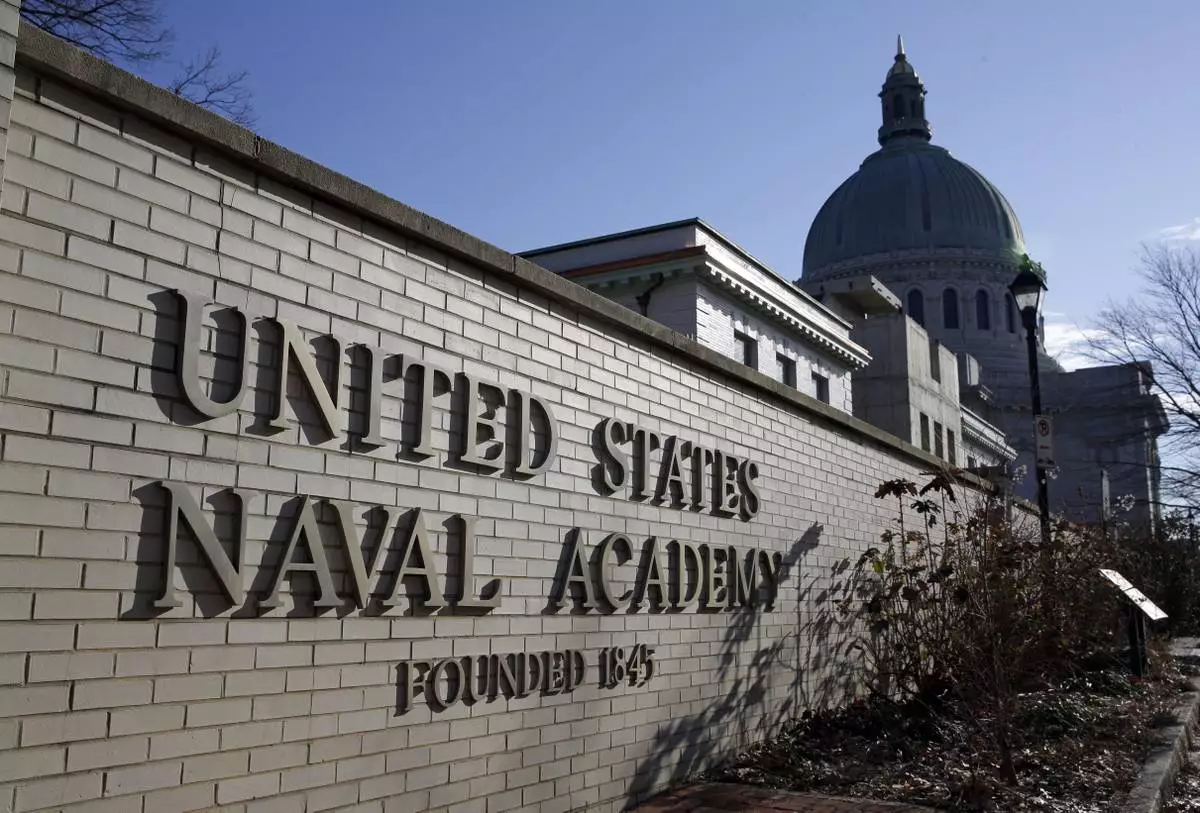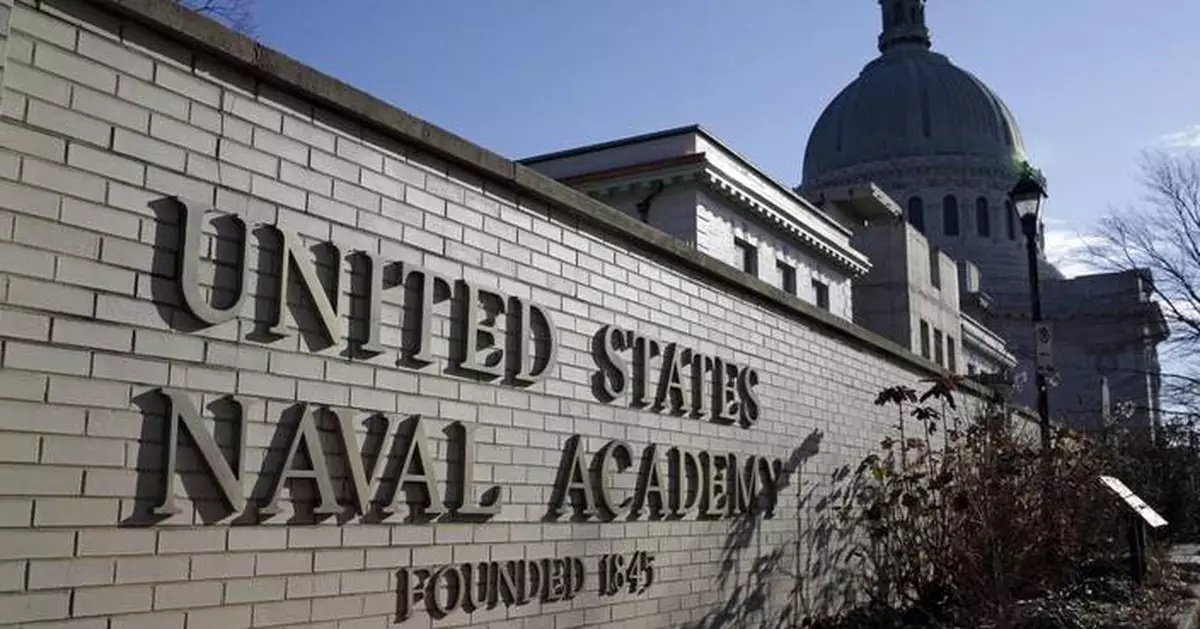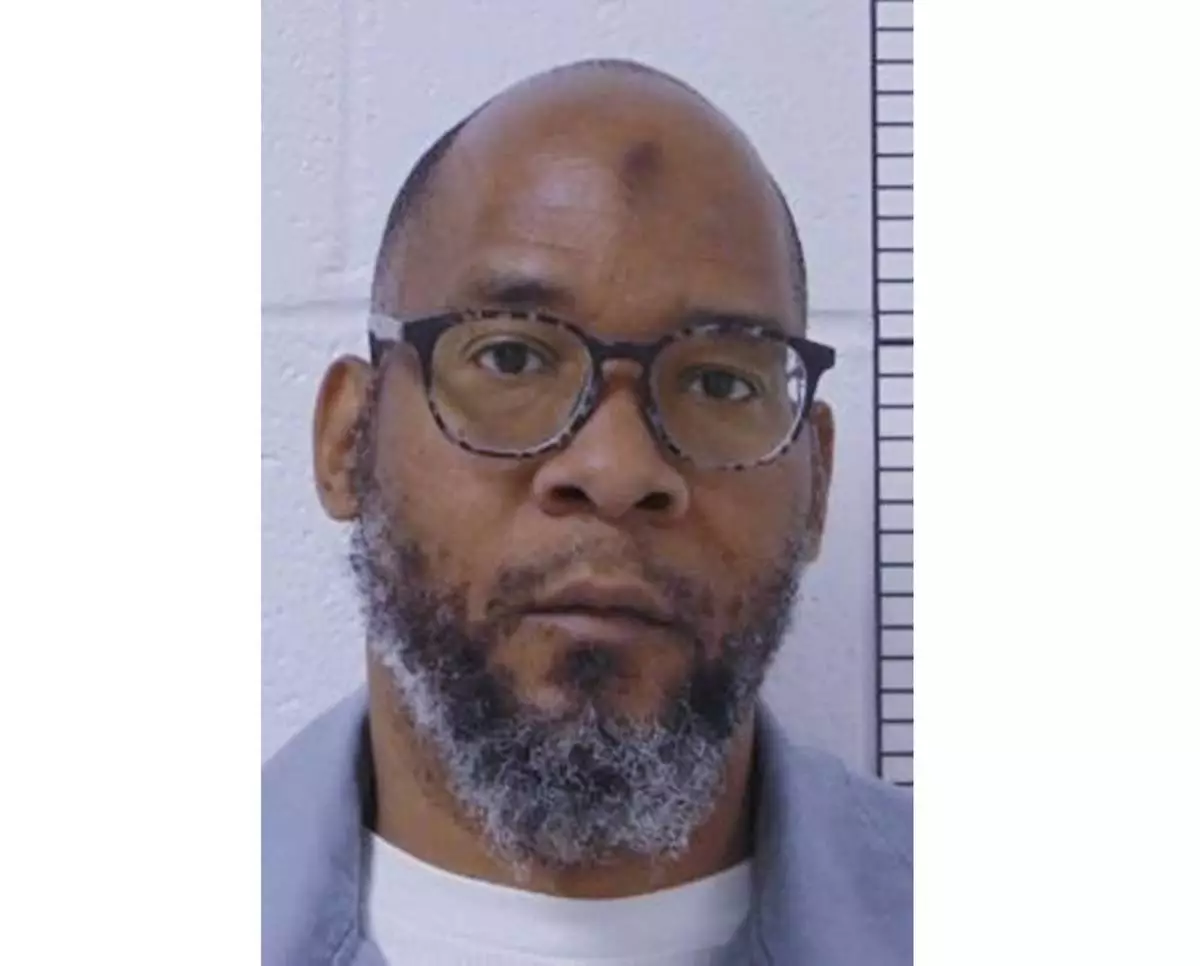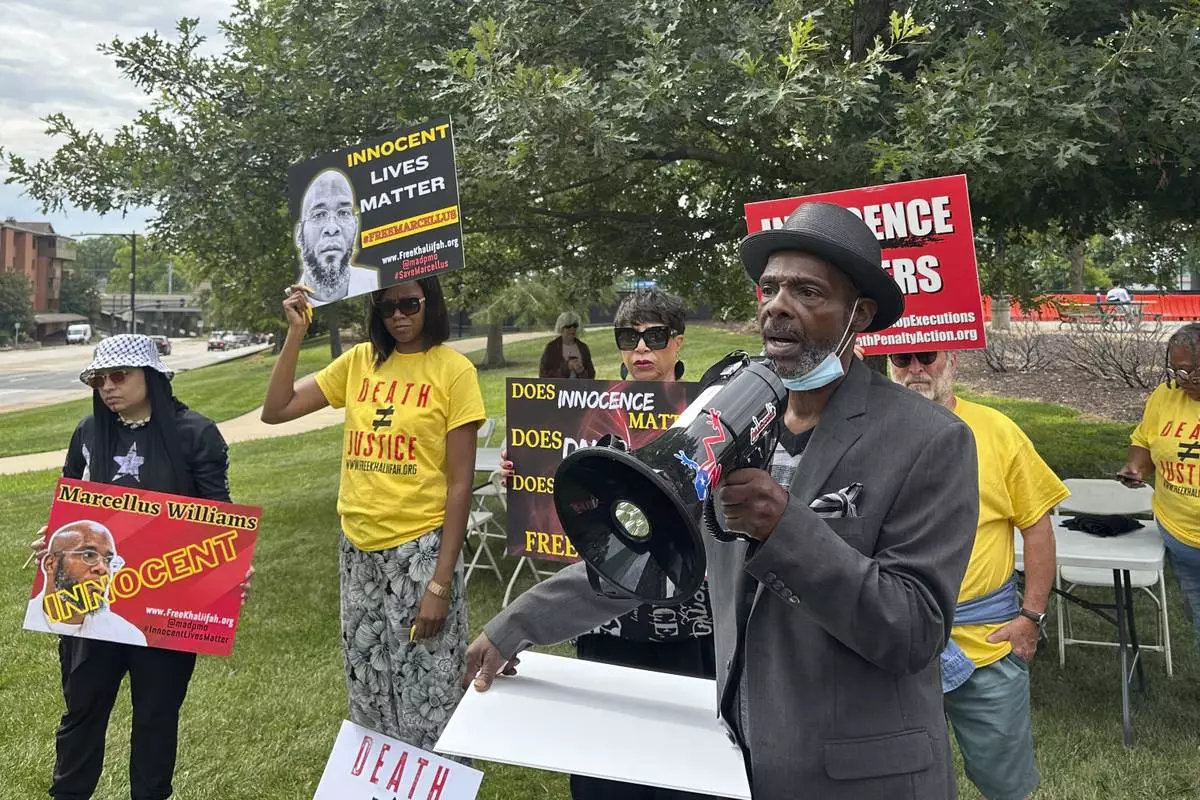BALTIMORE (AP) — Attorneys for the U.S. Naval Academy say the officer training school should be allowed to continue using race as an admissions factor because prioritizing diversity in the military makes it stronger, more effective and more widely respected, according to recent court filings and testimony during an ongoing civil trial in Maryland.
The group behind this case, Students for Fair Admissions, was also behind the lawsuit challenging affirmative action that resulted in a landmark U.S. Supreme Court ruling last year, when the court's conservative majority prohibited the consideration of race and ethnicity in college admissions.
That decision ended a longstanding practice meant to boost opportunities for historically marginalized groups and sent shockwaves through higher education. But it carved out a potential exemption for military academies, suggesting that national security interests could affect the legal analysis.
Students for Fair Admissions, which was founded by conservative activist Edward Blum, later sued the Annapolis-based Naval Academy challenging the exemption.
A bench trial began last week in Baltimore federal court before Judge Richard Bennett, a George W. Bush appointee who served for over 20 years in the U.S. Army Reserve and the Maryland National Guard.
Witness testimony during the first week of the trial included accounts from current and former high-ranking military officials who expressed varying opinions on how race affects the experiences of servicemembers and the organization as a whole.
Lt. Col. Dakota Wood, a retired Marine Corps officer and 1985 Naval Academy graduate, said racial and ethnic diversity are irrelevant when creating a cohesive and effective fighting force. Wood, who is white, said what matters most is that all members are held to high performance standards.
Capt. Jason Birch, a former Navy SEAL commander who graduated from the Naval Academy in 1999 and currently serves on its admissions board, said his experiences as a Black officer highlight the importance of having people who look like him in leadership — not least because it sets an example for younger generations of minority servicemembers.
He said diversity among U.S. military leaders reflects core American values, demonstrating that if you work hard and perform well, “regardless of your background, regardless of what you look like, you’ll be put in a position of command and responsibility.”
Birch recounted instances of racist behavior by white colleagues as well as overseas assignments where his racial identity seemed to garner respect from foreign leaders, including a deployment to Somalia and an international visit to China.
“For decades, senior military leaders have concluded that the fighting force is stronger when it is racially and otherwise diverse at all levels,” attorneys for the Naval Academy wrote in court papers. “The Armed Forces learned this lesson the hard way.”
The American military has dealt with “internal racial strife that has risked mission readiness since its inception,” they wrote, saying the organization has made significant progress but still has a way to go. They said creating an organization that roughly reflects the demographics of the country is an important step toward eliminating internal conflict.
The Naval Academy’s current admissions process considers many factors, including grades, extracurricular activities, life experience and socioeconomic status, according to court testimony. Race often plays no role in the process, but sometimes it comes under consideration in a “limited fashion,” attorneys for the academy wrote in court papers.
“Candidates are evaluated with an eye towards the myriad ways in which they might contribute to the Navy or Marine Corps as future officers,” they wrote.
The plaintiffs claim race should play no part in defense strategy or college admissions.
“For most of its history, the Academy has evaluated midshipmen based on merit and achievement,” attorneys for the group wrote. “For good reasons: America’s enemies do not fight differently based on the race of the commanding officer opposing them, sailors must follow orders without regard to the skin color of those giving them, and battlefield realities apply equally to all sailors regardless of race, ethnicity, or national origin.”
They argue that prioritizing minority candidates is unfair to qualified white applicants and that cohesion should arise from other factors such as training and command structure.
The group also sued West Point last year, but the Naval Academy case was the first case to go to trial.
During court testimony last week, experts for the plaintiffs presented potential alternative admissions models that would focus on an applicant’s socioeconomic status instead of race.
Given the nation’s history of discrimination against racial minority groups, such a focus would yield similar results in terms of diversity, plaintiffs argued. They also said it could better identify candidates who possess the “true merit” that comes with overcoming adversity and could be more broadly accepted by the American public. But most of the models they presented showed that the percentage of white students would increase and minority representation would decrease under their proposed strategies.
Plaintiffs also presented data from the Naval Academy showing slightly lower graduation rates among some minority groups, including African Americans.
Attorneys for the academy, though, argued that removing race entirely from the admissions equation would put the Navy at risk of repeating past mistakes.
Beth Bailey, a history professor at the University of Kansas, described the military’s fraught history of racial tension, which on some occasions erupted into violence. She said that was especially true during the Vietnam War, when a lack of Black leadership threatened to jeopardize the American war effort.
“I go as far as saying they didn’t have a weapon they needed,” she said.
The bench trial is expected to wrap up later this week. The outcome will almost certainly be appealed.

FILE - An entrance to the U.S. Naval Academy campus in Annapolis, Md., is seen Jan. 9, 2014. (AP Photo/Patrick Semansky, File)











